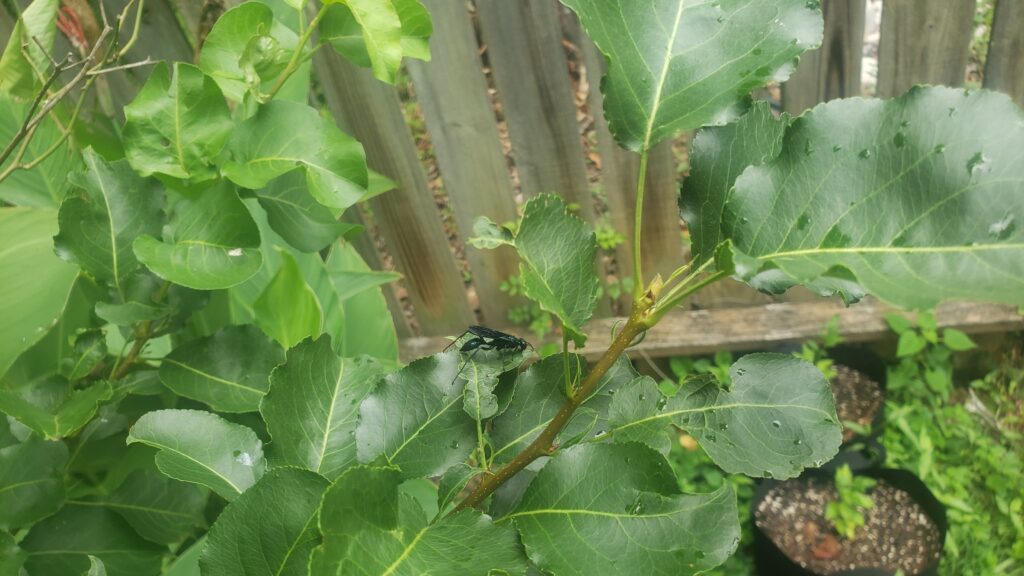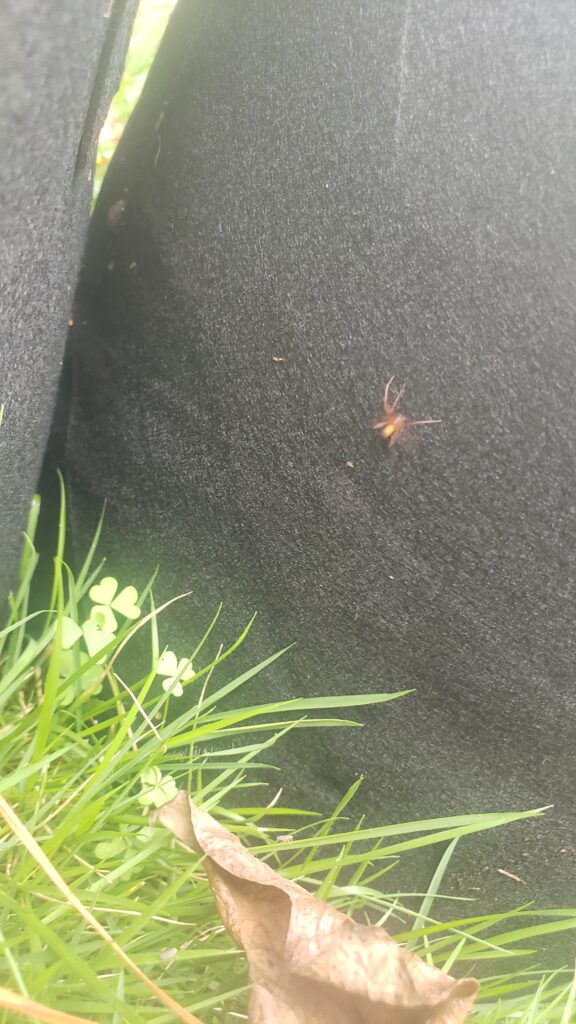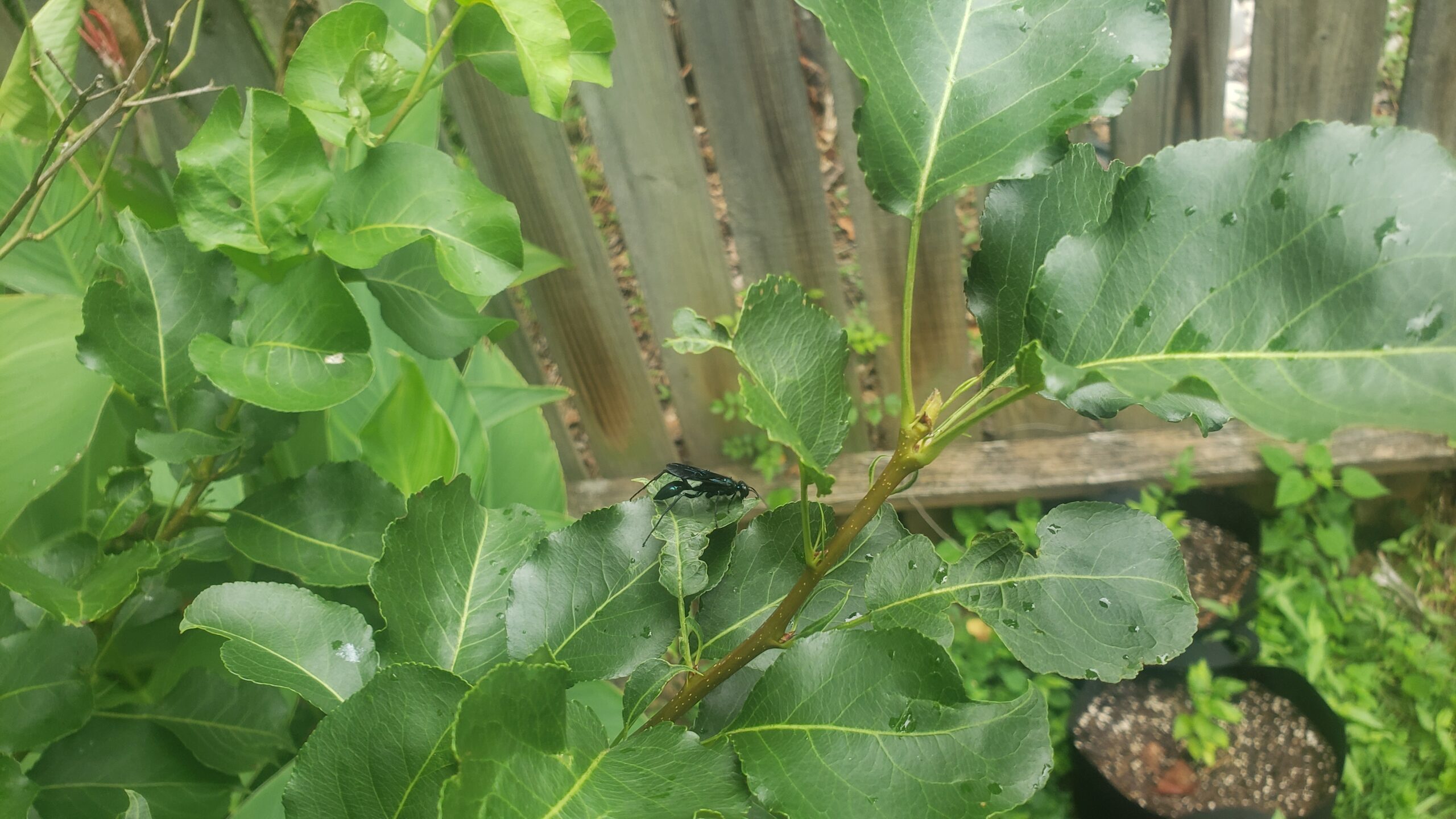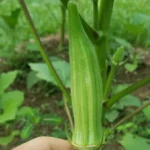In the world of gardening, pests can be a persistent problem. However, there’s a natural and effective solution right in your backyard: predator insects. These beneficial insects help keep harmful pest populations in check, eliminating the need for chemical pesticides and promoting a healthier garden ecosystem. Let’s explore the benefits of predator insects and how to attract them to your garden.

1. Ladybugs (Lady Beetles)
3. Green Lacewings
Hoverflies, also known as syrphid flies, resemble small bees or wasps. Their larvae are effective predators of aphids and other soft-bodied pests.
5. Ground Beetles
- Benefits: They help control pests that are difficult to reach with other methods.
- Attracting Ground Beetles: Create habitats with rocks, logs, and mulch to provide shelter. Avoid disturbing the soil too frequently.

6. Parasitic Wasps Parasitic wasps are tiny, non-stinging wasps that lay their eggs inside or on pest insects. The developing larvae consume the host, effectively controlling pest populations.
- Benefits: They target specific pests like caterpillars, aphids, and whiteflies.
- Attracting Parasitic Wasps: Plant nectar-rich flowers like daisies, asters, and fennel to attract these beneficial wasps.
7. Spiders While not technically insects, spiders are crucial predators in the garden. They feed on a variety of pests, including flies, mosquitoes, and beetles.
- Benefits: Spiders help control flying and crawling pests, maintaining a balanced ecosystem.
Conclusion
Predator insects are invaluable allies in the garden, offering a natural and sustainable way to manage pests. By creating a welcoming environment with diverse plantings and habitats, you can attract these beneficial insects and enhance your garden’s health and productivity. Embrace the power of predator insects and let nature’s pest control heroes work their magic in your garden.
Happy gardening!







